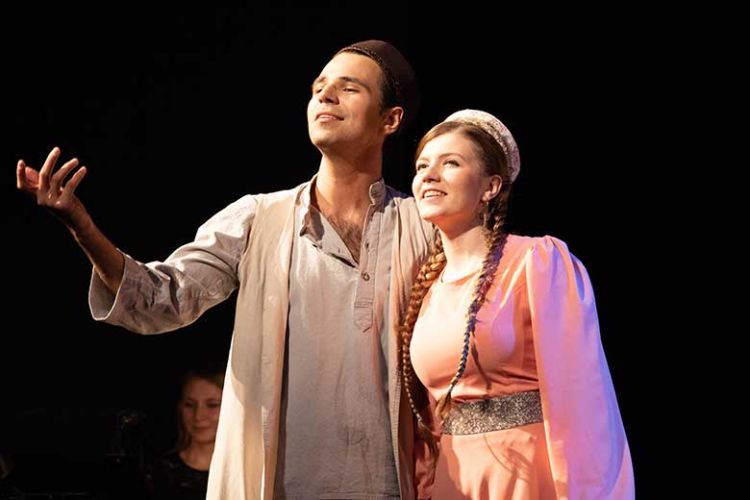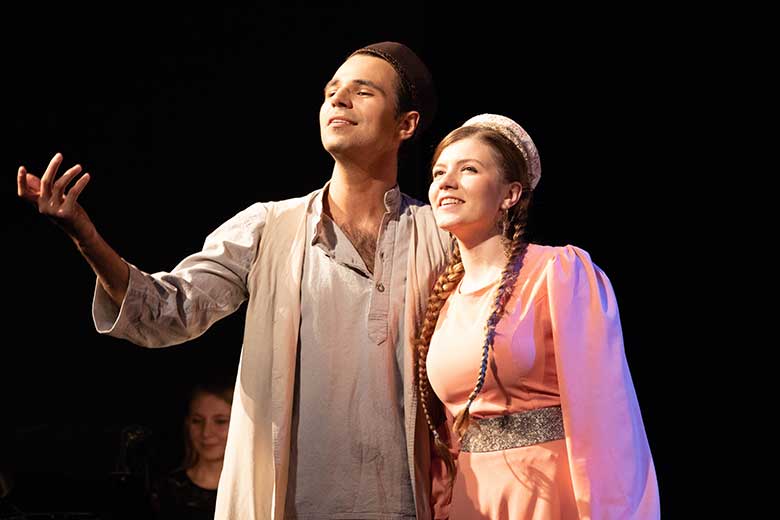A modern approach to teaching theatre history

Sponsored by
With a curriculum that ranges from Shakespeare to international traditions and the avant-garde, GITIS strengthens its students’ critical faculties
For the Russian Institute of Theatre Arts (GITIS), the value of theatre history and criticism has been clear since the department’s inception: to create a picture of world theatre with Russian traditions at its heart, says Alexey Bartoshevich, head of the history of foreign theatre.
Established in 1932, the department trains its students to understand the nuances of historical and contemporary theatre – something that is vital in responding to the demands of modern theatre and how these differences play out on today’s stage.
Professor Bartoshevich studied at GITIS as both an undergraduate (1961) and a postgraduate (1964), so has observed how the department and the institute have changed over time. One of the main differences, he says, is that the connection between the academic programme and contemporary theatre has been strengthened. “In my student and postgraduate years, teaching historical themes was much more important than it is now,” he says.
GITIS’ current theatre history and criticism course offers students access to many more facets of modern theatre. “We established new courses and seminars, specifically dedicated to the theatre of our times – in the Western as well as the Eastern traditions, ” he says. For example, the department introduced a special course in European avant-garde theatre, as this experimental movement affects the way many that people make and respond to theatre today.
However, Professor Bartoshevich notes that it is dangerous not to teach students about the classical theatre epochs, as this would hinder their ability to survey the scope of theatre and interpret modern practice.
This focus on tradition is something that sets GITIS apart from other arts schools. Its rector, Grigory Zaslavsky, says: “Tradition isn’t everything, of course, but the importance of it to GITIS is clear. It can be calculated in the list of graduates who continue their work as [its] teachers. This is the tradition.”
Professor Bartoshevich echoes these sentiments. He sees the future of the theatre history and criticism department as one in which teaching balances contemporary methodologies with history lessons that further enrich and inform students.
His particular love is the work of William Shakespeare. Professor Bartoshevich is chairman of the Shakespeare Commission at the History of World Culture Scientific Council within the Russian Academy of Sciences. He was also a member of the executive committee of the International Shakespeare Association, and has written numerous books about the Bard’s plays and their themes. Without Shakespeare, and the wealth of scholarship interpreting his work, it would be “impossible to comprehend anything in theatre history and the modern theatre life”, he says.
The department’s students “as a rule…choose to study topics in modern Russian theatre”. However, Professor Bartoshevich encourages them to explore the history of theatre in other countries, because it complements both their understanding of their own heritage and GITIS’ international, collaborative approach.
Find out more about GITIS.
